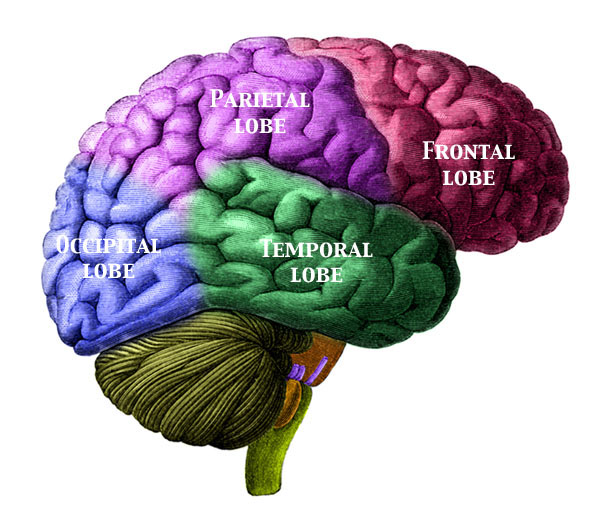Fig. 1: My topic
As I mentioned before, Anchor Meditation is a basic meditation. If you ever find difficulty with other forms of meditation you may just need to work on Anchoring your self.
The main goal of Anchoring is to train and sharpen your focus. All it requires is to pick one repetitive thing focus on that. I already wrote on how to do this meditation, so today I'll focus on the effects of it.
Anxiety sucks. Being anxious is worse that just being stressed. It's stressing about being stressed. What happens when we experience anxiety is this; first we encounter the thing that causes stress and our bodies react by increasing the heart rate, breathing faster, tensing muscles, and so on. The problem of anxiety occurs when our brains don't make the connection that the external stressor is the cause of the physical response. The subconscious mind notices that the body is freaking out and, not knowing what it's suppose to be freaking out about, sends the message to the conscious mind telling it to find something to freak out about. So your brain looks for something to freak out about and find it, but it knows that that's not the thing that the body was originally freaking out about and so it starts freaking out about being wrong. The body sees the mind freaking out an it doesn't know why so it goes back to freaking out some more with the high heart rate, faster breathing, tense muscles, etc. Basically this devolves into an Abbot and Costello routine.
 |
| "Only instead of baseball, its a mortgage, which is considerably less hilarious." |
As you force yourself to relax a remarkable thing starts to happen; your brain learns to relax. It actually begins to rewrite itself to be better at relaxing than stressing. When the brain engages in an activity over and over again, such as stressing about things or relaxing, it assumes that it will have to do this again in the future so the brain, hoping to be lazy in the future, tries to make it easier to perform that action. Each time the action is performed the brain finds a new short cut until eventually you find yourself doing the action without even thinking about it. You may have noticed this phenomenon each time you drive home from work. You step out of the office and next thing you know you're at home, wondering how many red lights you ran. Doesn't that make your brain just the coolest of all organs?
Fig 2: The Fonzie of internal organs.
It only works if you do it.
Seems obvious right? If you stop trying to relax and anchor yourself your brain will think it's not important to relax and will start duping all that stuff. The brain is a muscle and like any muscle it will atrophy if you let it.
So, here's an exercise that I hope ya'll will do with me. Each day for just a minute do an anchor meditation. Focus on your breathing or maybe a piece of classical music. Just pick something to be fully aware of for one whole minute. After you do that, come back here and share your experiences in the comments. Leave any tips you have for others (Like avoid doing this when you're way sleepy).
Namaste, y'all,
Michael

No comments:
Post a Comment